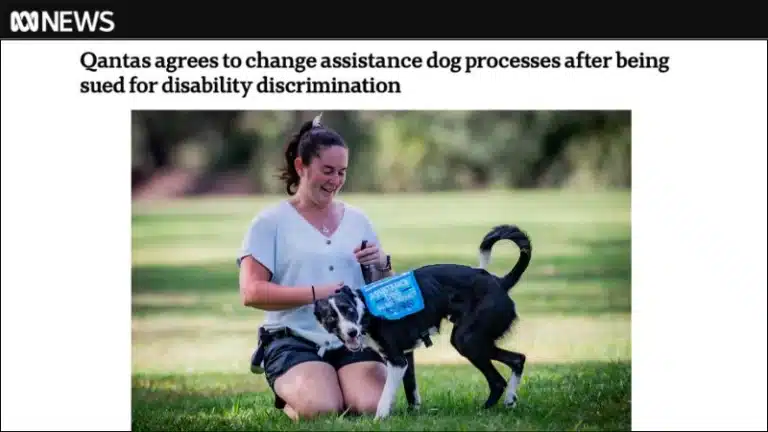PIAC lodged a submission in response to the AEMC’s draft report on updating the framework for embedded networks. PIAC is broadly supportive of the recommendations contained in the draft report, and agree that consumers should have equal access to protections, regardless of whether they are in an embedded network, or directly connected to the distribution network.
PIAC reiterates our contention that all consumers should be able to access electricity as an essential service, affordably and safely, regardless of the business model through which their energy is supplied. Accordingly, PIAC recommends that the AEMCs final determination on embedded networks work towards transitioning all existing embedded networks into the new framework, with access to consumer protections the key consideration. Specifically
- That a date be identified, by which all embedded networks are covered by the new framework
- That any exemptions be specifically limited to those circumstances where it is demonstrated that consumers will be worse off as a result of being covered by the framework
- That short-term and long-term holiday accommodation be treated equally within the framework, to ensure that it does not provide an incentive to reduce the provision of long-term holiday accommodation (such as that in residential parks)
- That some embedded network operators should have the capacity to recover the cost of providing network infrastructure, particularly those related to providing consumers access to improved protections.
- That a separate process to update the framework for gas embedded networks, including consideration of hot-water related charges, be commenced as a matter of priority.


